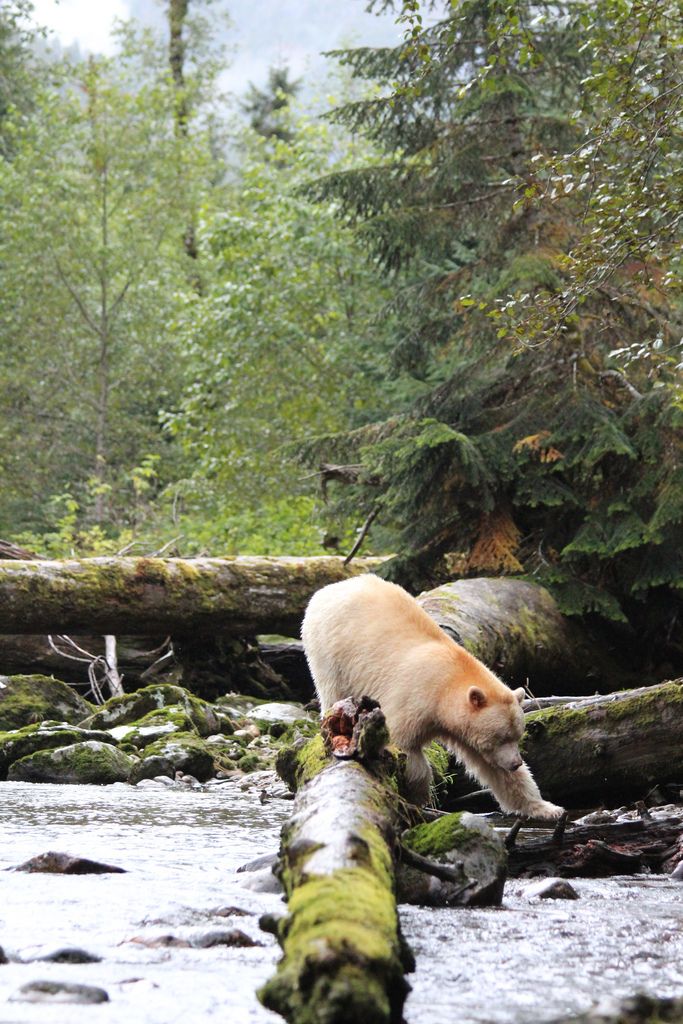Dear Integral Meditators,
Do you have to still your mind to experience inner stillness and centeredness? The article below explores how to mindfully sustain the experience of stillness amidst all the busyness and activity of your mind and daily life….
In the spirit of mindful spinning,
Toby

Finding the center of the wheel
The image of the wheel and hub is found in various traditional (Buddhist and Hindu) meditation traditions as a way of describing the meditative process. It can be useful to work with this image in your own practice as a way of finding your inner center faster and more effectively, even when under duress.
Imagine the emotional, mental, relational and logistical activity of your life as being like a wheel spinning in motion. If you are stuck in the rim of the wheel, then you find yourself spinning at a fast pace, running to keep up, feeling dizzy and generally having to work quite hard! If, however you are sitting in the center of the wheel, then you can simply stay still and watch all of the activity spinning around you whilst remaining comfortable and at ease.
In our own lives, we tend to spend a lot of time being identified with the movement in our mind, chasing after it or being chased by it, like being stuck on the rim of the spinning wheel. If we can learn to dis-engage with the contents of our consciousness, then we can move ourself toward the ‘hub’ of the wheel of our mind, watching the movement rather than being pulled around by it.
Resting in the hub as a meditation
Imagine the busyness of your mind and life as like a wheel spinning on a horizontal axis around you. Imagine yourself as sitting on or in the stationary hub or axis in the center. You are able to relax and remain still as the motion and activity spins around you. You don’t need to get rid of the activity and busyness in your mind, you just need to find your center and let the activity ‘spin’ around you. In physical terms you might think of your body and breathing as the hub of the wheel; find your breathing and focus on the central area of your torso (perhaps around the chest level). You are in the middle, in the hub, the thoughts, emotions and activity are spinning around you. Focus upon and relax into this experience for as long as you wish.
Keeping the image in mind in your daily life.
Out of meditation we can continue to bear this image in mind as we go about our daily life, using it as a way of bringing ourself back to our center when we feel ourselves getting pulled out of shape by the events of our life and our reactions to them.
Practising with different emotions.
In both formal mindfulness meditations and informally as you go about your daily life you can practice with different emotions and circumstances:
- When anxious or stressed
- When excited or experiencing pleasure
- When playing your sport
- When you are dealing with sadness or depression
After practising this technique for a while you will develop a certain amount of equanimity about what you are experiencing. For example, you might be experiencing fear, but you don’t have a problem with experiencing fear; you are in the center of the hub, the fear simply spins around you like the rim of the wheel!
Enhancing your enjoyment and participation in the movement
Practising this technique doesn’t mean that you become permanently detached from your life, in fact it means that you can actually enjoy the movement, emotion, excitement and challenge of your life more fully, because you have a place you can go to which gives you a way of controlling your response to your experience, enabling you to appreciate it more, even when it is not all bliss and rainbows!
Related article: Detached mindfulness – Engaged mindfulness
© Toby Ouvry 2016, you are welcome to use or share this article, but please cite Toby as the source and include reference to his website www.tobyouvry.com
Upcoming Courses at Integral Meditation Asia:
Ongoing on Wednesday’s, 7.30-8.30pm (next class August 10th) – Wednesday Meditation Classes at Basic Essence with Toby
Integral Meditation Asia
Online Courses * 1:1 Coaching * Live Workshops * Corporate Mindfulness Training *Life-Coaching * Meditation Technology









